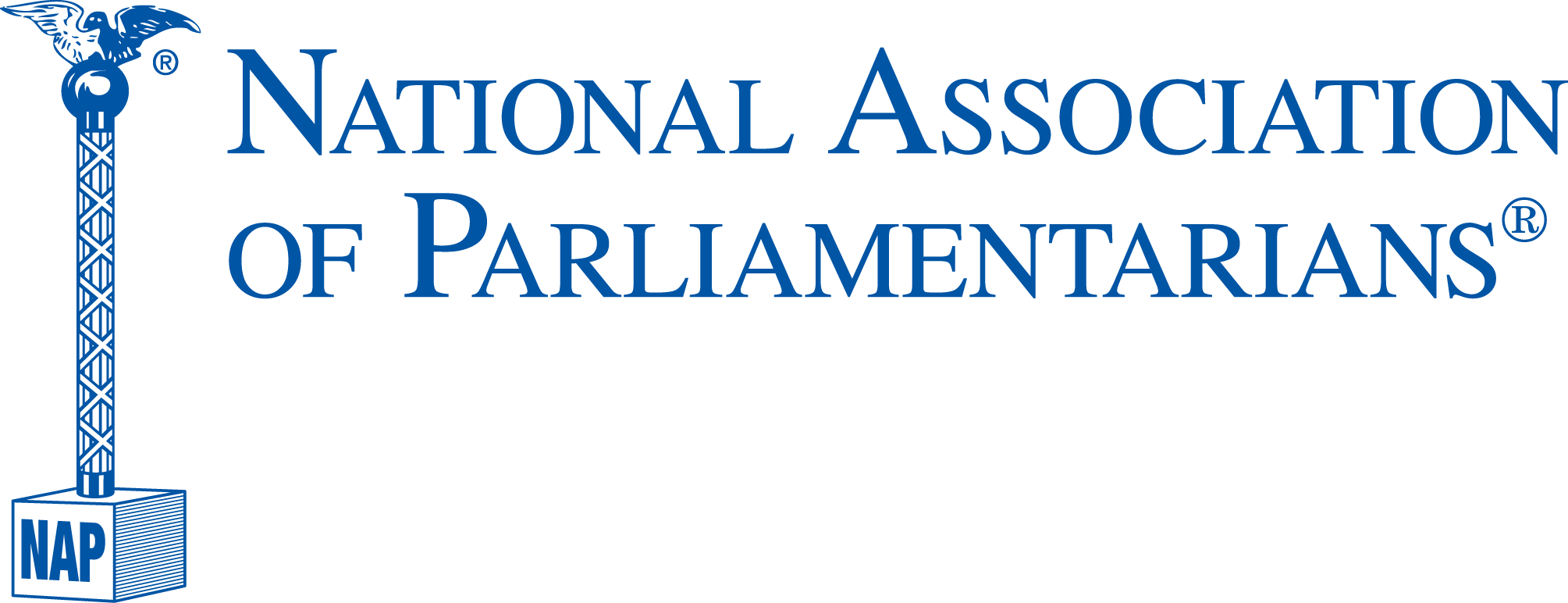On September 3, 2022, the NAP Commission on Credentialing provided official notice to the NAP Secretary that the Commission had voted to make effective certain amendments to the NAP Bylaws. The specific provisions that the Commission attempted to trigger were the following:
- The bylaw amendment to Article III, Section 1(B)(1)(a) [without affecting current Article III, Section 1(B)(1)(b) and (2)];
- The bylaw amendment to Article VII, Section 2(B)(14);
- The bylaw amendment to Article X, Section 1F; and
- The bylaw amendments pursuant to 2015 conforming amendment # 11B.
The Commission further indicated that it had interpreted the proviso related to Bylaw Amendment #11A (adopted at the 2015 convention) to mean that the commission could give effect to some of the words in the amendment while not giving effect to other words in the amendment. Since the language of the proviso is clear, there is no room for interpretation. RONR (12th ed.) 56:68(1) provides, “An ambiguity must exist before there is any occasion for interpretation.”
The proviso for Bylaw Amendment #11A states, “The amendment shall take effect upon a date set by vote of the Commission on Credentialing.” There is no option for only some of the words of the Bylaw Amendment to be given effect, and there is no option for the Commission on Credentialing to determine the meaning of the bylaw provision or to interpret an alternate meaning.
The Commission on Credentialing indicated in its opinion that even though the wording of the provision does not allow for giving effect to only part of the amendment, the Commission should be allowed to interpret that as the true meaning, if the Commission determines this alternate meaning to be in accord with the intent of the delegates at the time of its adoption. RONR (12th ed.) 56:68(1) specifically prohibits this type of interpretation by providing, “Again, intent plays no role unless the meaning is unclear or uncertain, but where an ambiguity exists, a majority vote is all that is required to decide the question.”
While the proviso is not itself a bylaw, the principles of interpretation can be applied to a proviso as well. RONR (12th ed.) 56:68(1) provides, “Each society decides for itself the meaning of its bylaws.” The convention is the representative body of NAP, and between conventions, the Board of Directors has full power and authority over the affairs of NAP. Therefore, it is the duty of the Board of Directors to decide the meaning of NAP’s rules between conventions. The Commission on Credentialing does not have the authority to interpret a different meaning than the meaning decided by the NAP Board of Directors. The Board of Directors has a duty to protect the principle found in RONR (12th ed.) 56:68(1), which states, “When the meaning is clear, however, the society, even by a unanimous vote, cannot change that meaning except by amending its bylaws.”
Upon receipt of this official notice from the Commission, the NAP Board of Directors met in a special meeting to consider the credentialing programs. The NAP Board of Directors disagreed with the Commission on Credentialing’s interpretation of the bylaws and has determined that the Commission has acted outside the scope of its authority.
The NAP Board of Directors does not believe that the Commission can make effective only portions of the bylaw amendments without the other portions. With respect to this decision, the Board of Directors recognizes that this decision is contradictory to the communications and actions that NAP has operated under for over a year. The belief that the Commission had the authority to retire the legacy exam without taking over both the RP and PRP processes was in error. NAP regrets this error and has taken the following steps to correct this mistake:
- The Membership and Registration Examiners Committee will offer a Registered Parliamentarian credentialing program that will be similar to the legacy exam; however, the material tested will be based on Robert’s Rules of Order Newly Revised, Twelfth Edition.
- The NAP Board of Directors will engage in a process to evaluate the work of the Commission on Credentialing to determine the effectiveness and sustainability of the new RP and PRP processes;
- The NAP Board of Directors will continue to work with the Commission on Credentialing to ensure that those members that are currently in the new RP process continue to have an avenue to obtain a credential;
- The NAP Board of Directors removed Thomas Burke Balch, James Stewart, Jeanette Williams, and Frances Jackson for cause pursuant to Article XI §6; and
- The NAP Board of Directors will elect new Commissioners pursuant to Article XI §7.

